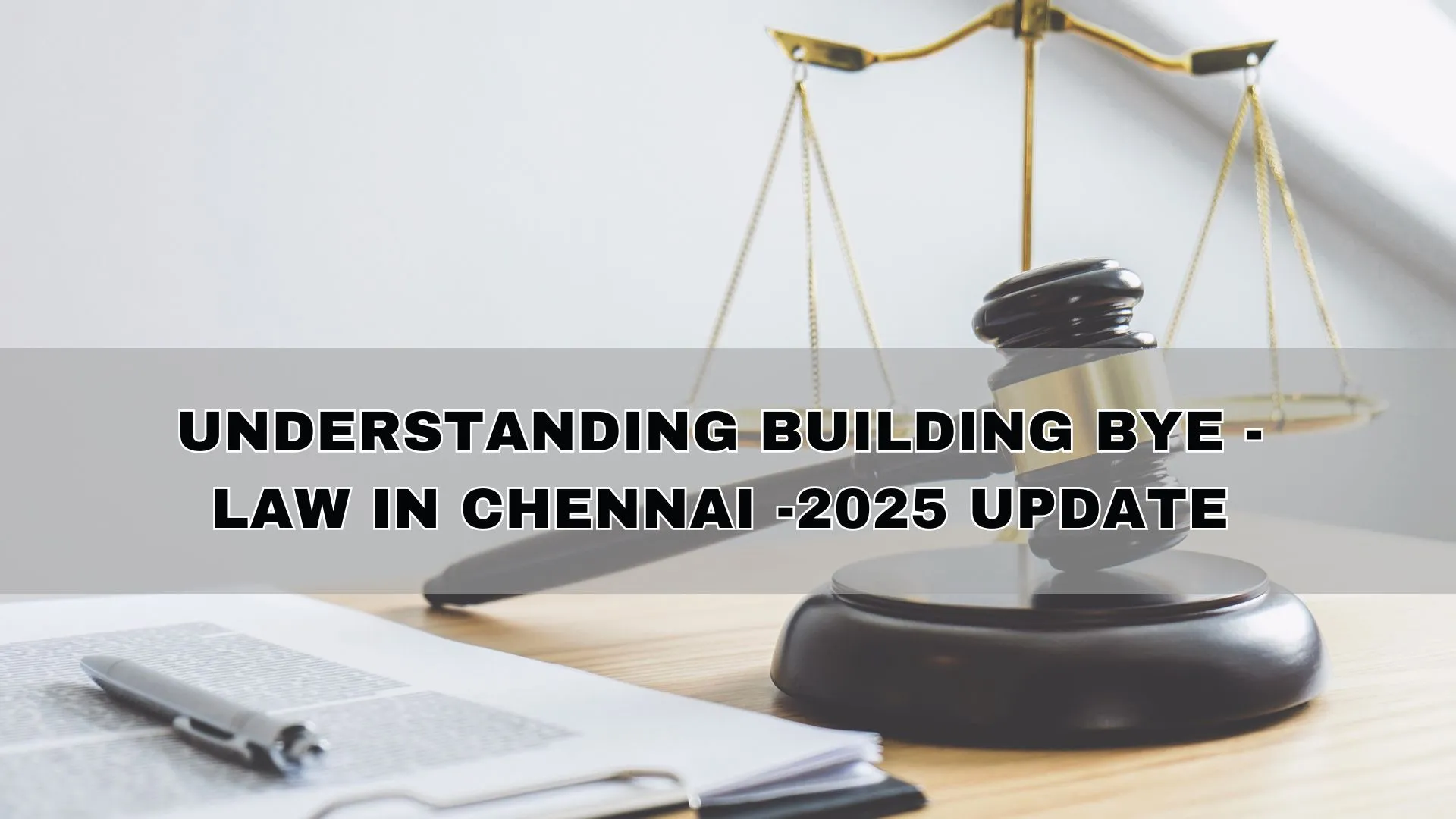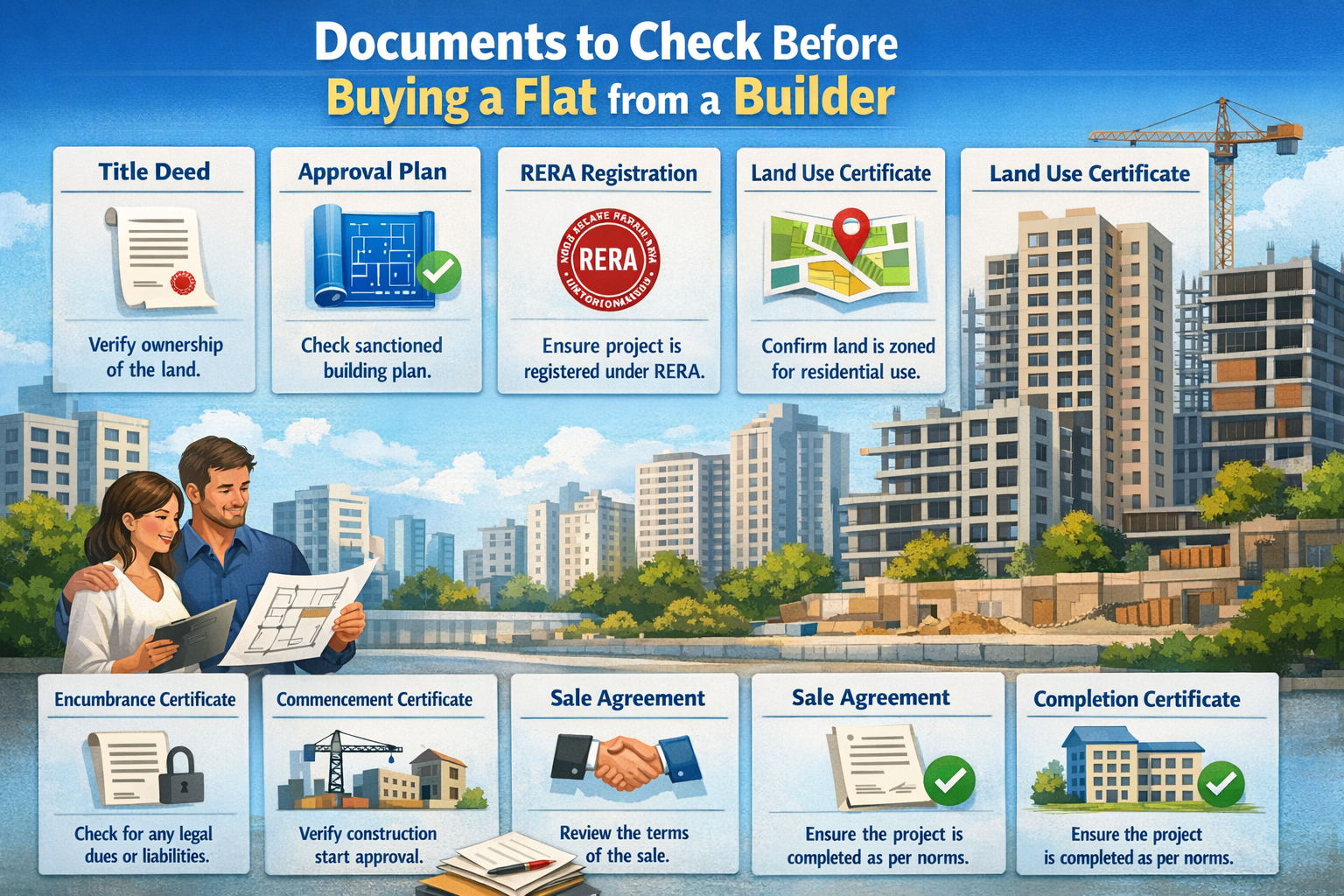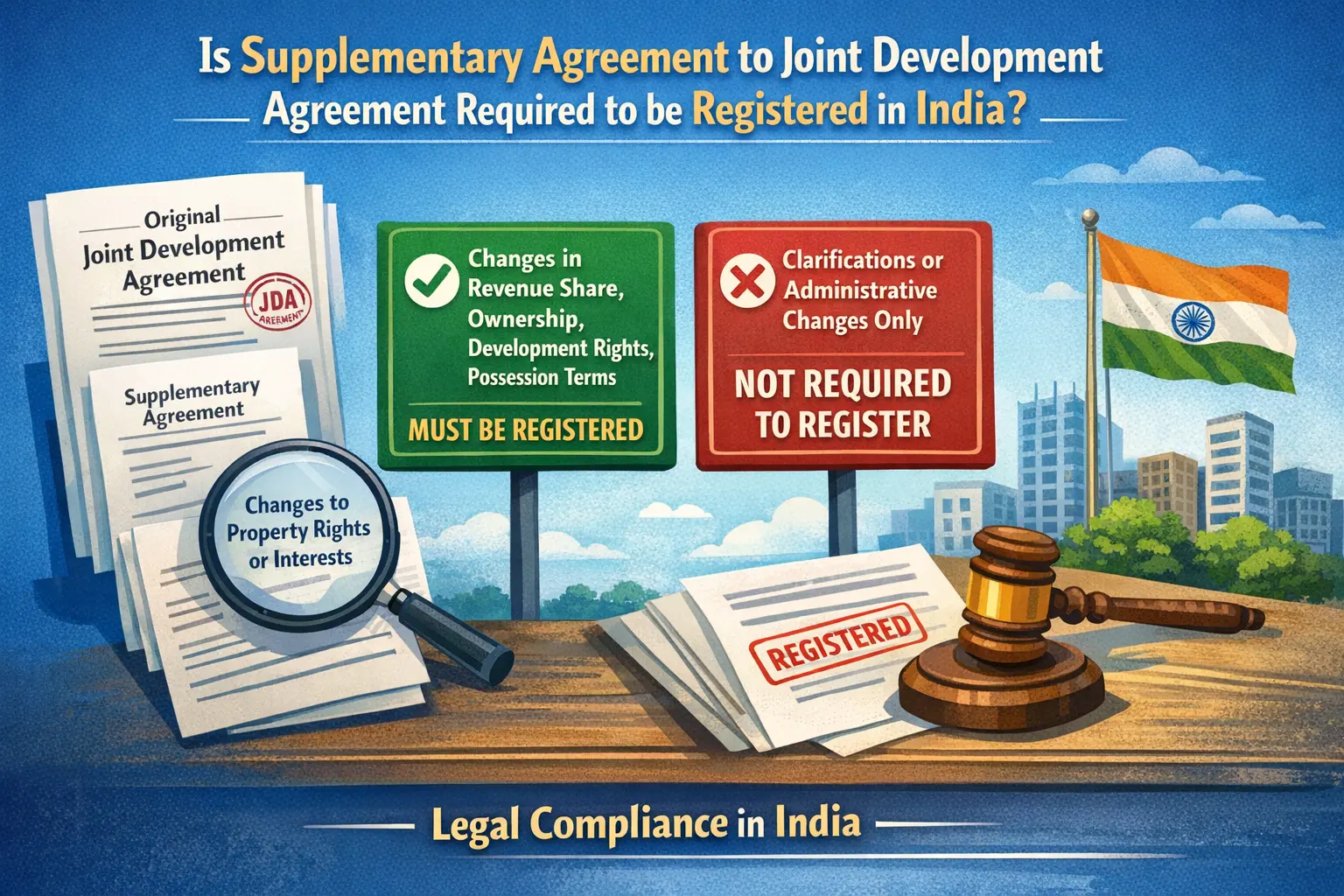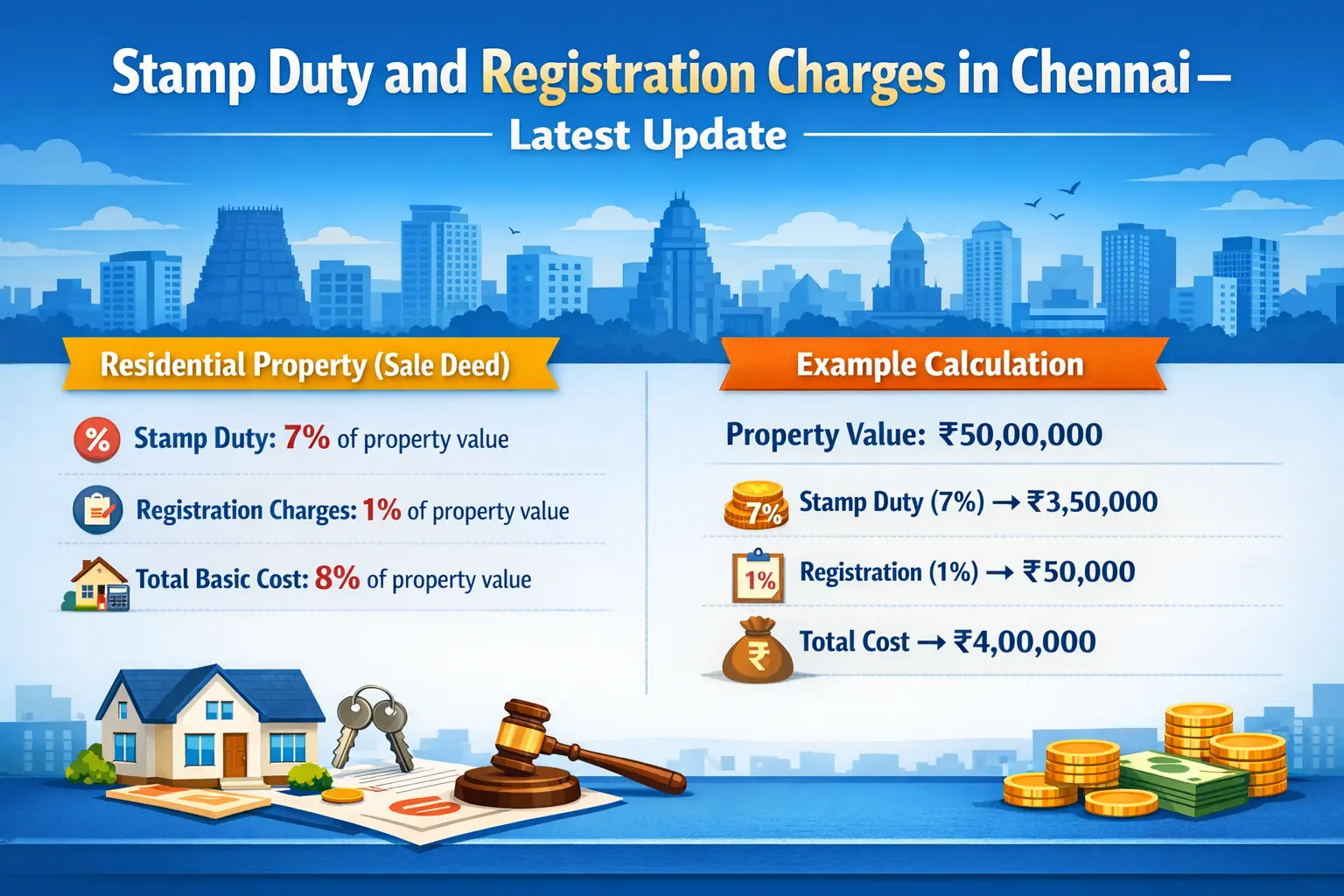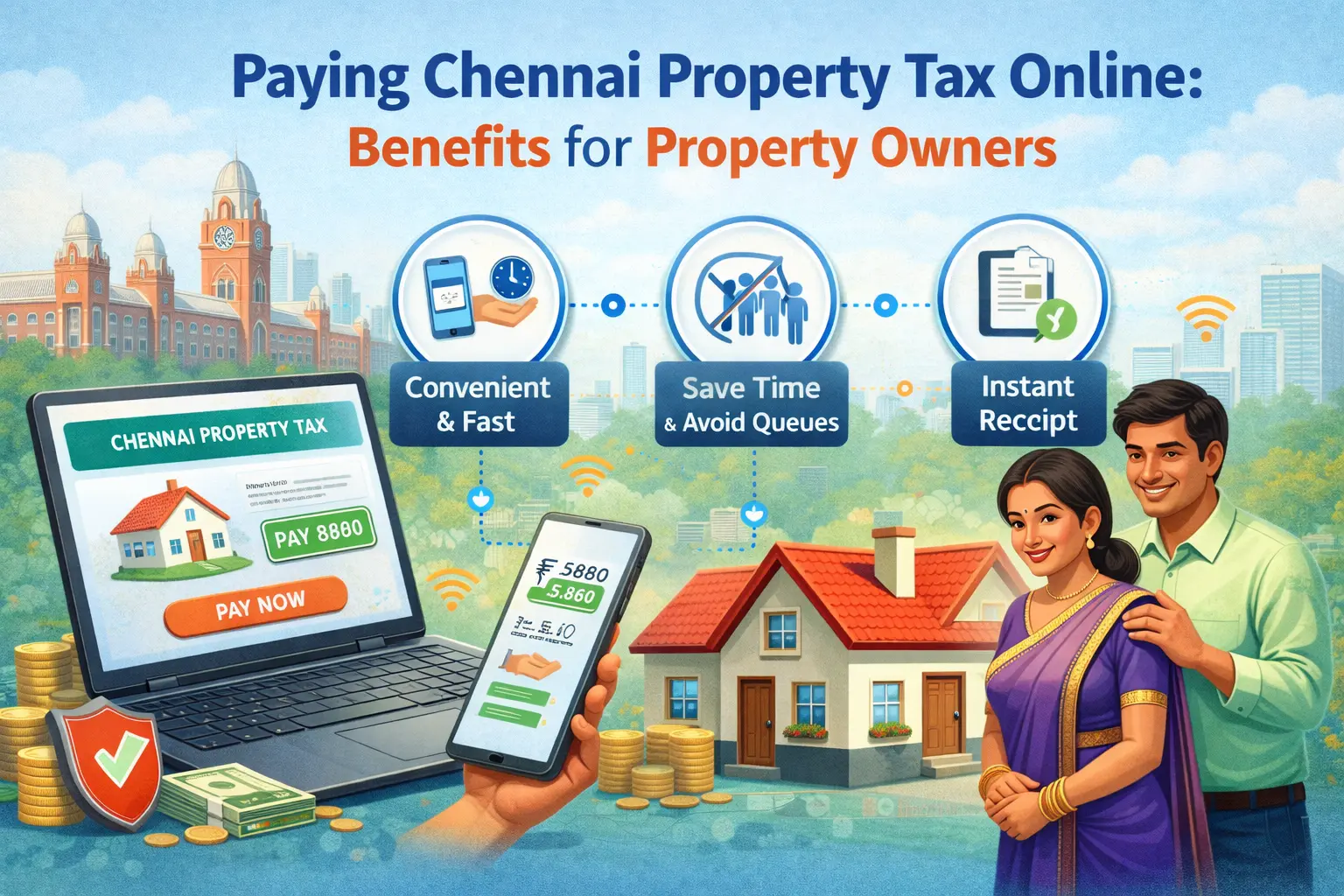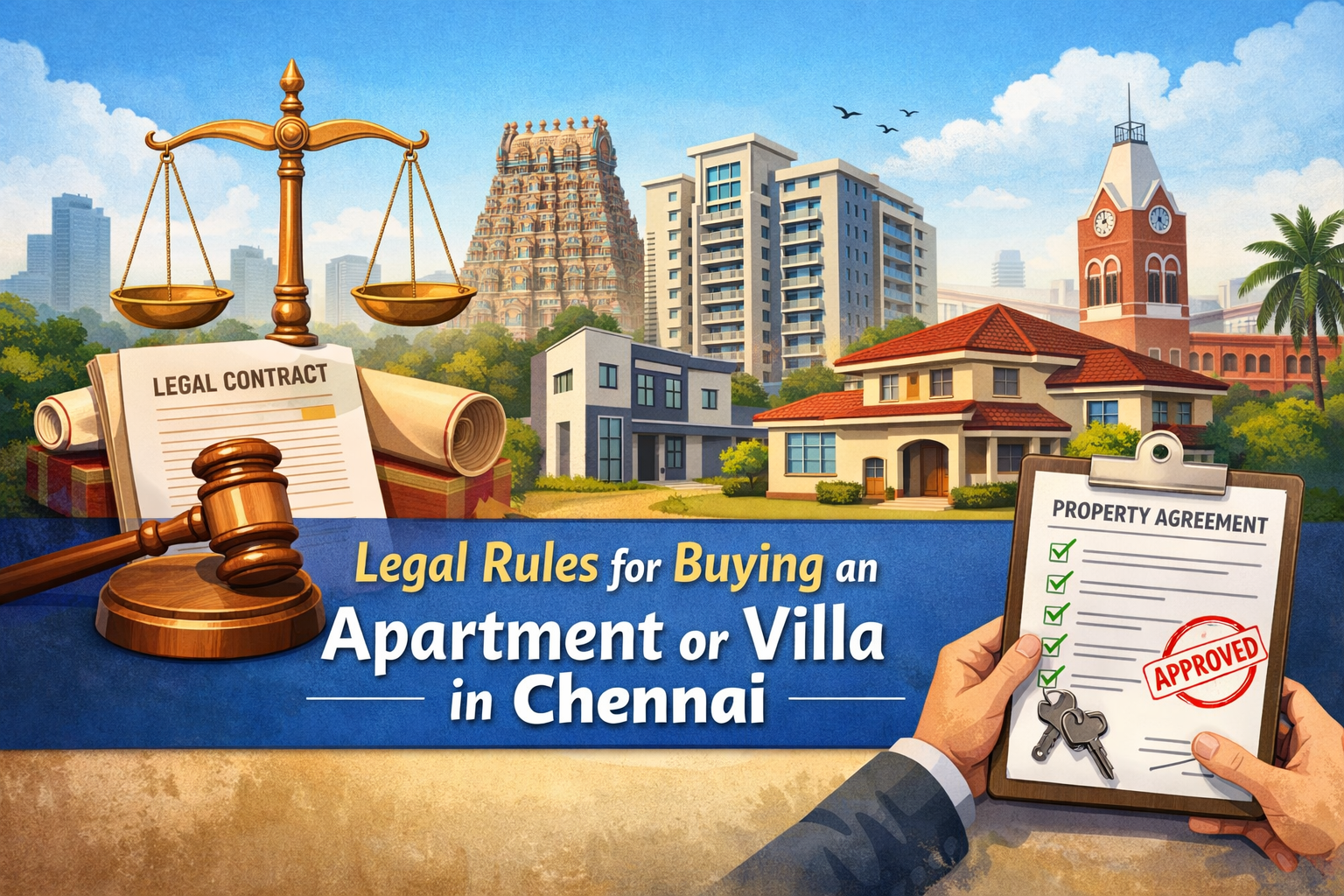Building bye-laws are the legal rules and technical guidelines that govern how buildings can be planned, constructed, and approved. These are framed to ensure safety, ventilation, structural integrity, sanitation, aesthetics, and urban planning discipline.
In 2025, Tamil Nadu and Chennai have implemented significant updates through amendments to the Tamil Nadu Combined Development and Building Rules (TNCDBR) 2019, as well as CMDA (Chennai Metropolitan Development Authority) rules. Let’s explore them in detail:
1. Self-Certification Scheme for Small Residential Buildings
What’s New (2024–2025 Update):
-
For individual houses with:
-
Plot size: up to 2,500 sq.ft
-
Built-up area: up to 3,500 sq.ft
-
Height: up to 7 meters (G+1 floor)
-
-
Owners can now get instant online building permits through self-certification.
Key Benefits:
-
No approval delays – instant e-certificate with QR code.
-
No scrutiny fees, no infrastructure charges.
-
Valid for 5 years, extendable for 3 more years.
-
Only basic documents and drawings needed.
Who can use it?
Homeowners, small plot owners, and low-rise residential builders in both CMDA and DTCP areas.
2. Relaxation for Non-High-Rise Buildings (Up to 14m)
New Provision:
From March 2024, buildings up to 14 meters in height (~G+4 or 5 floors) can now have their plans prepared and signed by registered engineers, not just architects.
Impact:
-
Cuts down costs for small builders.
-
More professionals can now prepare and submit building plans.
3. Setback, FSI & Plot Norms in CMDA Chennai
Plot Size & Frontage:
-
Minimum plot size: 80 sq.m (≈860 sq.ft)
-
Minimum frontage: 6 meters
Setback Rules:
-
Vary based on height and street width.
-
Example (for G+1):
-
Front: 1.5 to 3 meters
-
Sides: 1 to 1.5 meters
-
Rear: 1.5 meters minimum
-
Floor Space Index (FSI):
-
Basic FSI: 1.62
-
Additional FSI allowed for wider roads (premium FSI).
4. Environmental & Sustainability Requirements
Rainwater Harvesting:
-
Mandatory for all residential and commercial buildings.
-
Must include recharge wells or percolation pits.
Open Space Reservation (OSR):
-
For plots over 10,000 sq.ft, a portion (usually 10%) must be reserved as OSR.
Universal Accessibility:
-
All public and commercial buildings must now include disabled-friendly ramps, lifts, and toilets.
5. Energy Code Compliance – TNECBC
As of July 2024:
-
All new commercial buildings and large residential blocks must comply with Tamil Nadu Energy Conservation Building Code (TNECBC).
-
Must use certified energy auditors for building plan approval.
6. Faster & Time-Bound Approvals (Deemed Approvals)
Government Mandate:
-
CMDA and DTCP must process building permits & NoCs within 30 days.
-
If no reply is given, the approval is considered "deemed granted".
-
Online platform enabled for transparent tracking.
7. Apartment Redevelopment Rules – Simplified
Under Tamil Nadu Apartment Ownership Act 2022:
-
Old apartments can be redeveloped legally.
-
Requires 2/3rd of owner consent.
-
Builders must register the owners’ association and follow CMDA guidelines.
– Key 2025 Building Bye-Law Changes
| Rule/Feature | 2025 Update Highlights |
|---|---|
| Self-Certification Scheme | Instant online permit for G+1 up to 3,500 sq.ft |
| Non-High-Rise Plans by Engineers | Up to 14m height, no need for architects |
| FSI | Basic 1.62 + premium based on road width |
| Setback Norms | Front 1.5–3m, Side 1–1.5m, Rear 1.5m+ |
| Rainwater Harvesting | Mandatory in all buildings |
| TNECBC Energy Code | Required for commercial/residential >500 sq.m |
| Deemed Approvals | If no response in 30 days, considered approved |
| Apartment Redevelopment | 2/3rd consent + new process under 2022 Act |
Why It Matters for You
-
Homebuyers – Know your builder is following legal norms.
-
Builders & Developers – Use the new rules for faster and cost-effective approvals.
-
Architects & Engineers – Take advantage of increased design authority.
-
Societies – Plan redevelopments legally and smoothly.
https://www.livehomes.in/blogs
